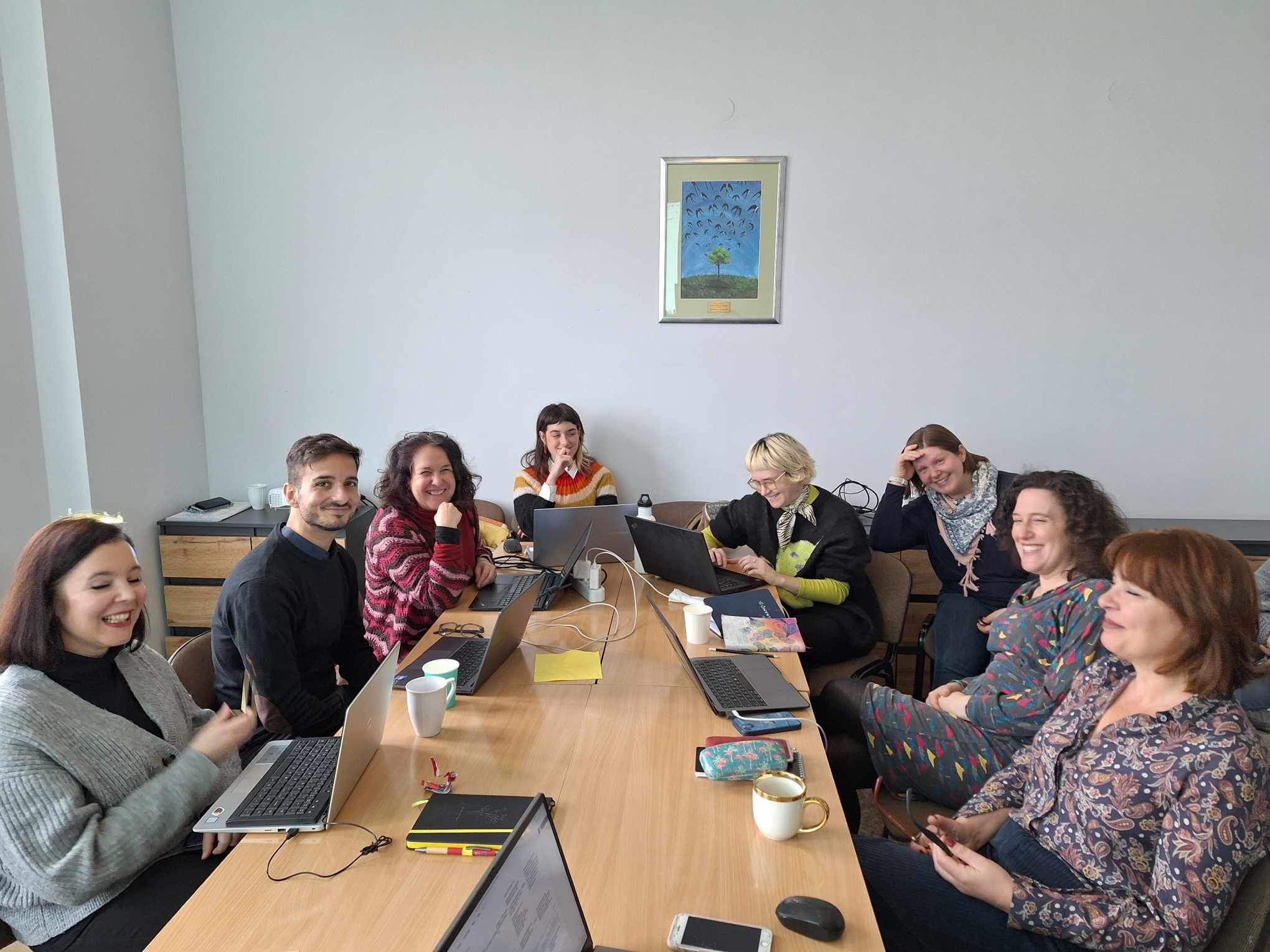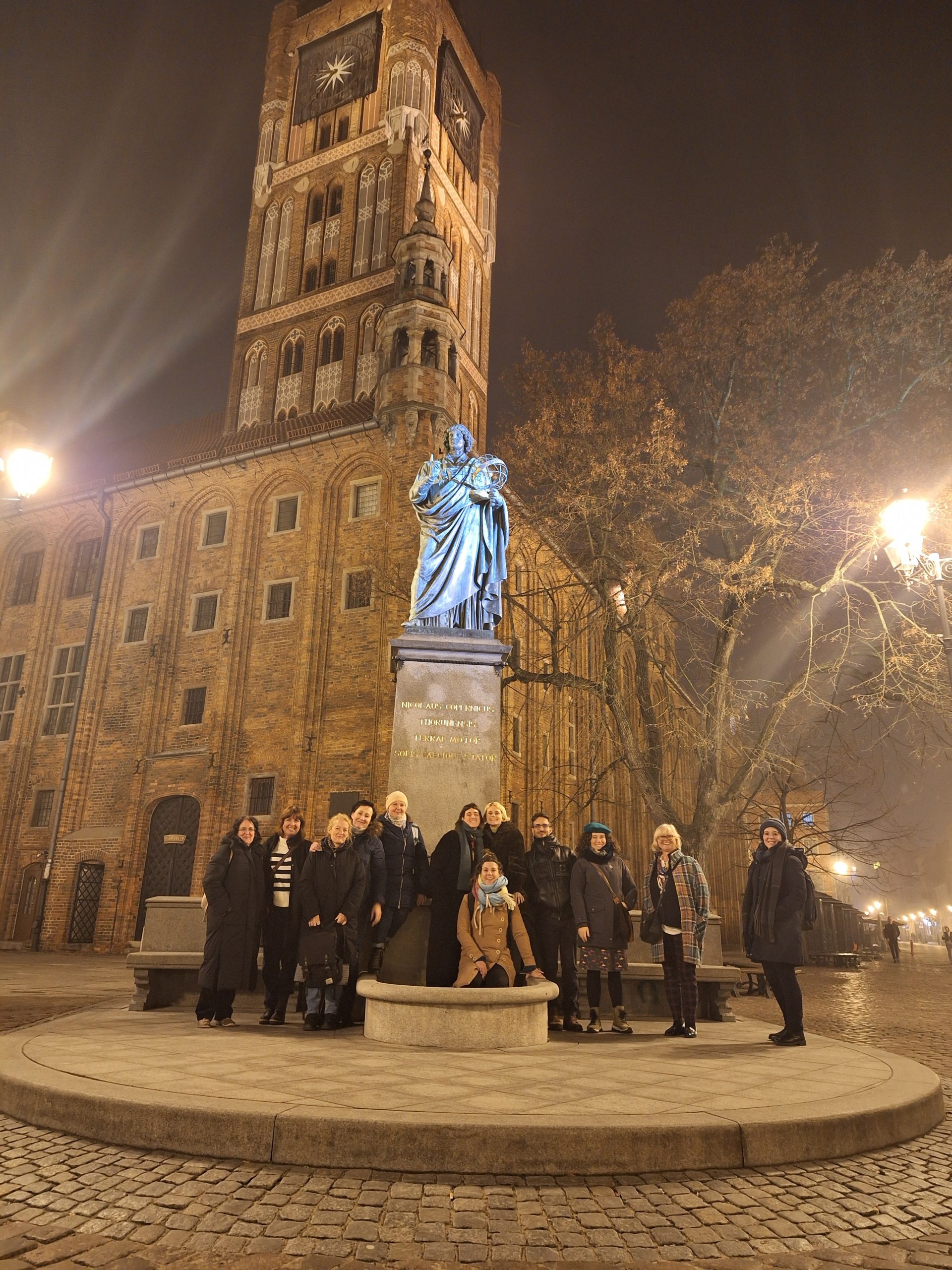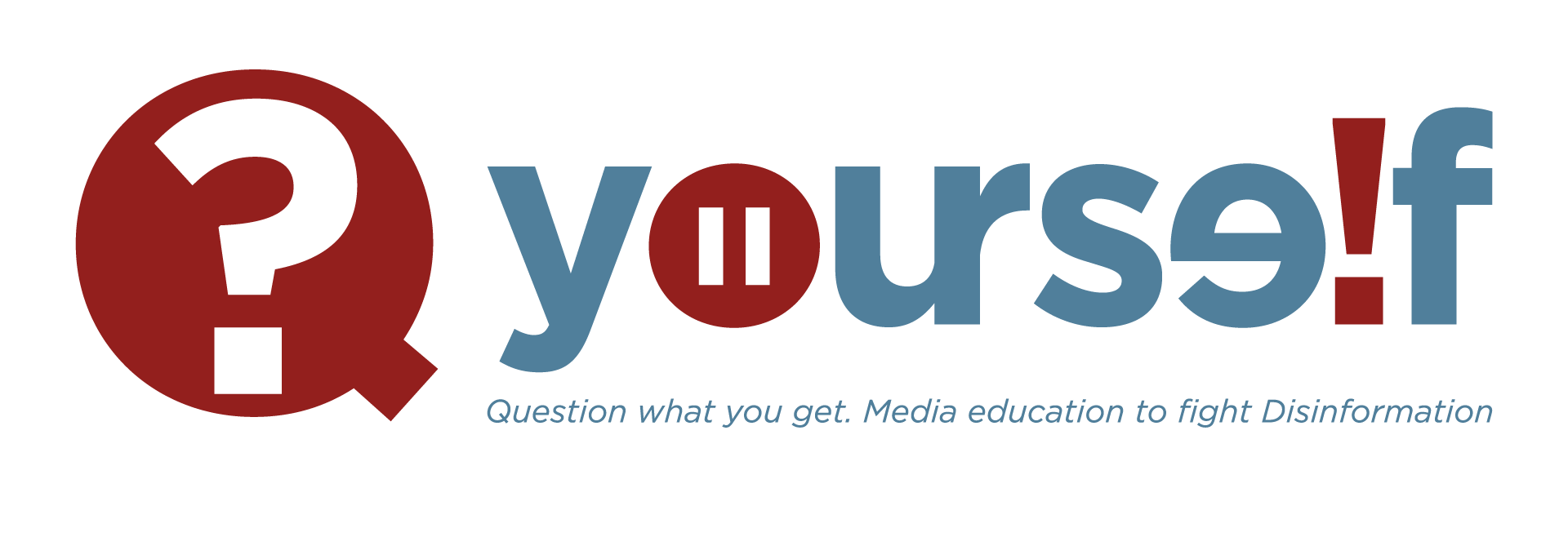Are we truly able to recognize disinformation? And how often do we share content without verifying its reliability? What tools can we offer to increase media awareness among citizens, students, and educators?
In an era of constant information, the ability to distinguish between verified news and misleading content is crucial. Disinformation spreads quickly online, undermining the quality of public debate and social cohesion. To tackle this challenge, it is essential to equip European citizens — of all ages — with critical, digital, and information skills that allow them to assess source reliability, understand digital content formats, and use social media mindfully.
In particular, there is a growing need to improve the skills of educators and adult trainers, who play a key role in transmitting reliable content and critical thinking abilities. The Qyourself project was created to raise awareness about the dangers of disinformation and strengthen media literacy across Europe, through an educational approach that actively involves teachers, trainers, media experts, and students of all ages.
To achieve this goal, in the first phase of the project, 15 educators will participate in a training course focused on analyzing the European DigCompEdu framework. Understanding this tool will enable them to develop courses and strategies that can be replicated beyond the university context, involving adults, young people, and schools.
In addition, 37 trainers will be involved in the design and implementation of innovative educational programs in six different languages, aiming to integrate media literacy into curricula and promote a critical and responsible use of digital media. Digital content, educational videos, and training modules will be produced using platforms such as Moodle, Canva, Genially, and H5P.
Throughout the project, 150 students — including 100 adults and 50 young people — will take part in lessons and teaching units based on real cases of disinformation, information accuracy, and source verification. The goal is to provide them with practical tools to recognize manipulated content, identify reliable sources, and develop independent, conscious critical thinking.
Project activities include:
- field research in the various participating countries,
- international training on source verification for educators and journalism students,
- customized national courses in five different educational contexts,
- technical training on social media use and digital content creation to combat disinformation.
In parallel, the project includes a monitoring system to evaluate the effectiveness of the proposed educational paths and update them based on feedback received.
In March 2024, the project partners met at XLiceum in Toruń, Poland, to kick off joint activities and discuss the various educational strategies adopted in European countries. During the meeting, they planned the development of teaching materials, the project’s visual identity, and the structure of national training courses.


Qyourself aims to shape a new generation of informed and aware citizens, capable of navigating an increasingly complex media landscape, preventing the spread of disinformation, and strengthening democratic values.
About QYOURSELF
QYourself – Question what you get. Media Education to Combat Misinformation is a project funded by the Erasmus+: Key Action 2, Cooperation partnerships in adult education programme.
Partners
- UNIVERSIDAD DEL PAIS VASCO/ EUSKAL HERRIKO UNIBERTSITATEA (Spain, coordinator)
- IBERIKA EDUCATION GROUP GGMBH (Germany)
- STIMMULI FOR SOCIAL CHANGE (Greece)
- CESIE ETS (Italy)
- X Liceum Ogolnoksztalcace im. prof. Stefana Banacha w Toruniu (Poland)
- FUNDACIÓN MALDITA.ES CONTRA LA DESINFORMACION PERIODISMO EDUCACION INVESTIGACION Y DATOS EN NUEVOS FORMATOS (Spain)
For further information
Read more about Qyourself. Visit the website https://qyourself.eu/.
Contact Giuseppe Romeo: giuseppe.romeo@cesie.org.

